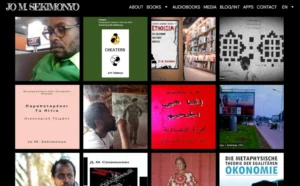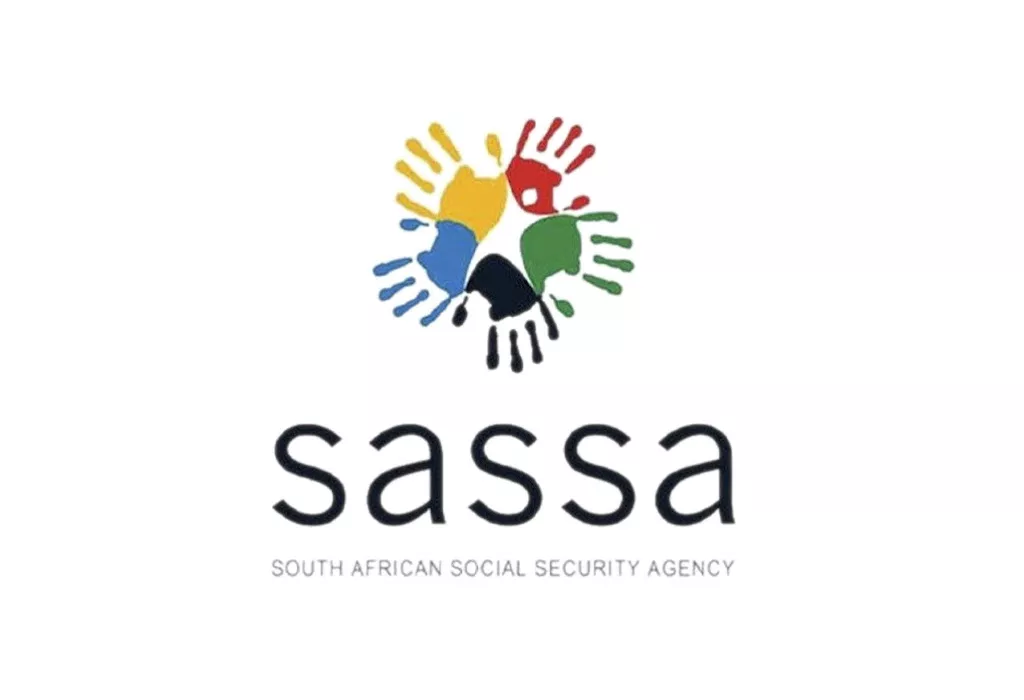Among the several reasons why your SASSA SRD status might show “Identity Verification Failed,” one common issue is that your name, surname, or ID number couldn’t be matched with the Home Affairs database. Diagnosing the exact reason can be confusing for many. Many individuals in South Africa have questions like “What does an ‘identity verification failed’ status mean?” and “How can I pass my SASSA R350 identity verification?” Identity verification has become crucial in preventing cyber fraud, and understanding these processes is essential for beneficiaries.
“Identity Verification Failed” means SASSA can’t match your information with what the Department of Home Affairs has. The SASSA provides social security services like SRD grants to eligible South Africans, asylum seekers, refugees, and special permit holders. To ensure the right individuals receive support, SASSA uses methods like biometric verification, face recognition, and digital ID document verification. If verification fails, beneficiaries should appeal on the SASSA website within 30 days of receiving a rejection status. The appeal process involves submitting personal details and the reason for the appeal. Identity verification can take up to seven working days, so patience is required during this process.
South Africa’s Department of Home Affairs
The Department of Home Affairs (DHA) in South Africa is tasked with managing critical aspects of citizens’ lives, such as issuing passports and IDs. However, the department’s inefficiencies, particularly in booking appointments and providing accurate information, have caused significant frustration among South Africans.
Booking an appointment with the Department of Home Affairs has become a notoriously challenging process. The online booking system is often unresponsive, frequently crashes, and is generally unreliable. Many citizens find themselves unable to secure appointments through the system, forcing them to visit Home Affairs offices without confirmed slots. This not only leads to overcrowded offices but also causes unnecessary stress and wasted time for applicants.
The DHA website, which is supposed to provide essential information about application requirements, is often outdated and inaccurate. Many applicants rely on this information only to discover, after waiting in long queues, that they are missing critical documents that were not listed online. This discrepancy between the website and the actual requirements communicated by staff at Home Affairs offices results in numerous applicants having to make multiple trips to complete a single application.
Even with an appointment, South Africans frequently face long queues at Home Affairs offices. The inefficiency of the staff, coupled with a high volume of applicants, means that wait times are excessively long. Moreover, system failures are common, with the department’s internal systems frequently crashing or locking up. This prevents applications from moving forward, leaving applicants stuck in bureaucratic limbo.
The lack of effective communication within the DHA further exacerbates the problem. There are frequent disconnects between the information provided online and what is required in person. Additionally, when systems fail, there is often little to no communication to inform applicants of what steps they need to take next. This leaves many people confused and frustrated, unsure of how to proceed with their applications.
The inefficiencies at the Department of Home Affairs have significant consequences for South Africans. Obtaining essential documents such as passports and IDs becomes a drawn-out and stressful process. The need to make multiple trips, coupled with long wait times and frequent system failures, means that what should be straightforward tasks turn into bureaucratic nightmares. This not only wastes time but also impacts the ability of citizens to travel, secure employment, and access other essential services.
Non-Governmental Websites Are Stepping In to Alleviate the Inadequacies of South African Governmental Sites
The inefficiencies of South African governmental websites, particularly those related to essential services like social grants, have created a significant gap in public service delivery. Non-governmental websites have stepped in to fill this void, offering accessible, accurate, and user-friendly information. One notable example is SASSASRDGrant.co.za, which provides comprehensive details on SASSA grants. This site offers detailed explanations of eligibility criteria, the application process, and the different types of grants available specifically the srd status check r350. It also includes step-by-step guides, a robust FAQ section, and regularly updated information, making it easier for users to navigate the often confusing processes associated with obtaining social grants.
By providing clear, accessible information, non-governmental websites like SASSA Grant sites significantly ease the burden on South African citizens. They reduce the need for multiple trips to government offices, shorten wait times, and help individuals successfully navigate the application process. This support is crucial for vulnerable populations who rely heavily on these grants for their day-to-day survival, demonstrating the importance of accessible digital information and its positive impact on public service delivery.
Technology to Improve Service Delivery
As South Africa grapples with inefficiencies in governmental services, particularly within the Department of Home Affairs, technology offers a beacon of hope for enhancing public service delivery. By adopting innovative solutions, the government can streamline processes, improve accessibility, and rebuild public trust. The current online appointment booking system is often unresponsive and unreliable. Upgrading to a more robust and user-friendly platform can reduce wait times and overcrowding at government offices. Features like secure login, real-time availability, automated reminders, and easy cancellation/rescheduling can make a significant difference.
Lack of transparency regarding application statuses frustrates many South Africans. Implementing a system that provides real-time updates can improve user experience and reduce the need for multiple visits. Features like status notifications, detailed status information, and integrated support channels can help applicants stay informed and on track. Blockchain can revolutionize data management within governmental systems by offering a secure and transparent way to handle information. It can be used for identity verification, document authentication, and ensuring transaction transparency. This reduces the risk of fraud and errors, making the process more reliable.
How Other Other Countries did IT
Estonia’s e-government system allows citizens to perform nearly all public services online. Key features include digital ID cards for authentication, the X-Road secure data exchange layer, and the e-Residency program. These innovations have made government services more accessible and efficient. Singapore’s Smart Nation initiative leverages technology to improve public services. One-stop portals like SingPass and MyInfo consolidate various services into a single login. Smart urban solutions and data-driven decision-making enhance the efficiency of public transportation and infrastructure management. India’s Aadhar system and the broader Digital India initiative have streamlined public service delivery. Aadhar provides a unique identity number for residents, facilitating direct benefit transfers and reducing fraud. Extensive use of mobile technology ensures that services reach remote and underserved populations.
The list gos on.
Trust in Government and Civic Engagement
The inefficiencies and corruption within South Africa’s Department of Home Affairs (DHA) have far-reaching implications for society, eroding public trust in government institutions. When government services are unreliable and marred by corruption, citizens lose confidence, leading to reduced compliance with laws and a decline in social cohesion. To rebuild trust, the government must prioritize transparency, accountability, and efficient service delivery, ensuring that processes are clear, officials are held responsible, and services meet citizens’ needs promptly.
Improved service delivery can significantly enhance civic engagement by making it easier for people to interact with their government. When citizens feel that their government is responsive and efficient, they are more likely to participate in democratic processes and community activities. Streamlined services at the DHA can reduce frustration and encourage citizens to engage more with other governmental initiatives, fostering a sense of being valued and heard.
Enhanced civic engagement leads to a more vibrant democracy, with citizens more likely to vote, volunteer, and advocate for beneficial policies. This increased participation can drive social change, promote equality, and ensure the government remains responsive to its people. Addressing inefficiencies and corruption within the DHA can restore public trust and encourage active citizen participation, strengthening the foundations of South Africa’s democracy.

COVID-19 prompted many businesses to make the transition away from in-office employment to remote locations,…

I belong to a Congolese generation that, for a long time, had very few reference…

Examine your metrics before settling on which pieces of content to repurpose. Take note of…

Understanding how best to invest your time and money in marketing is going to be…




